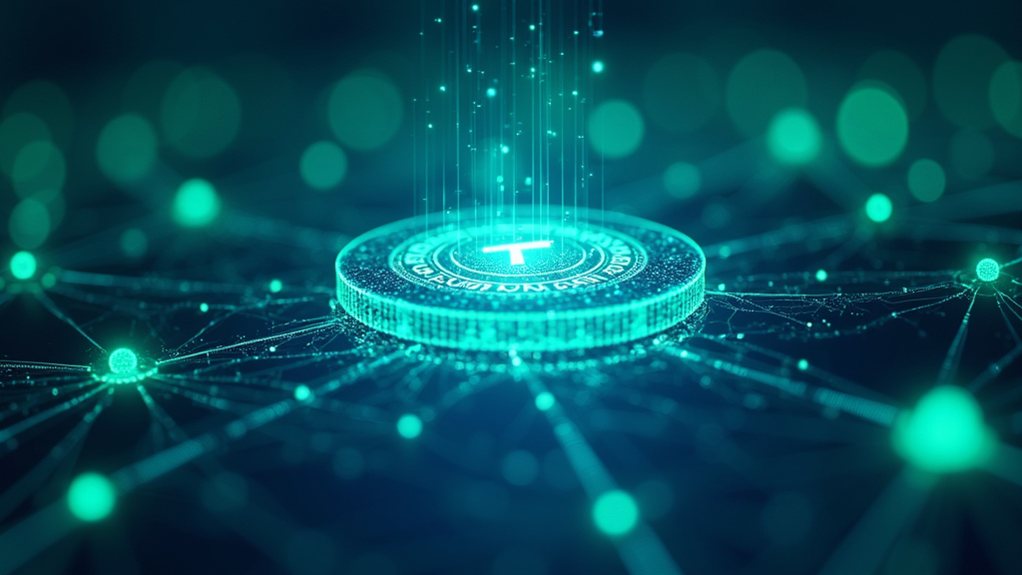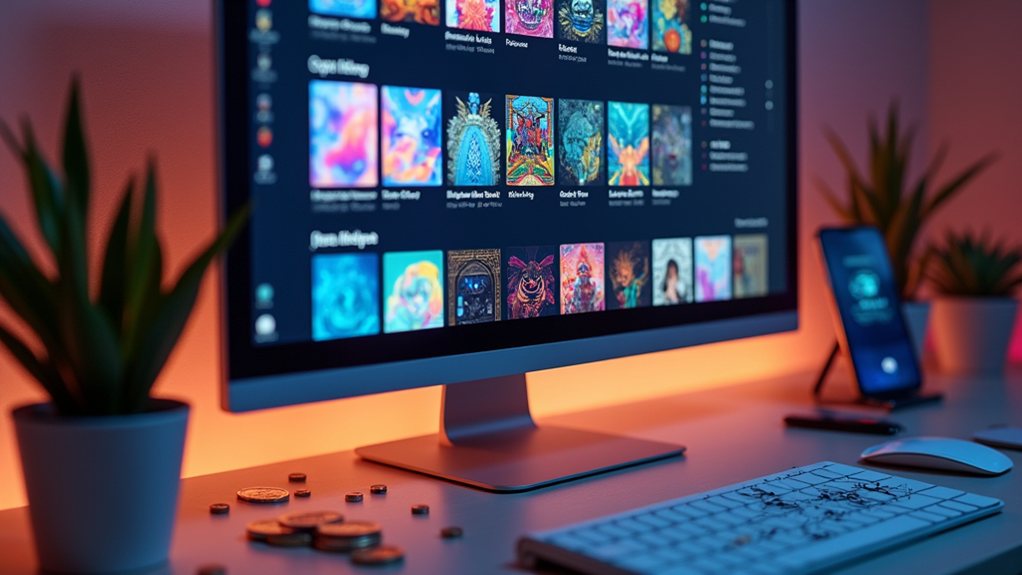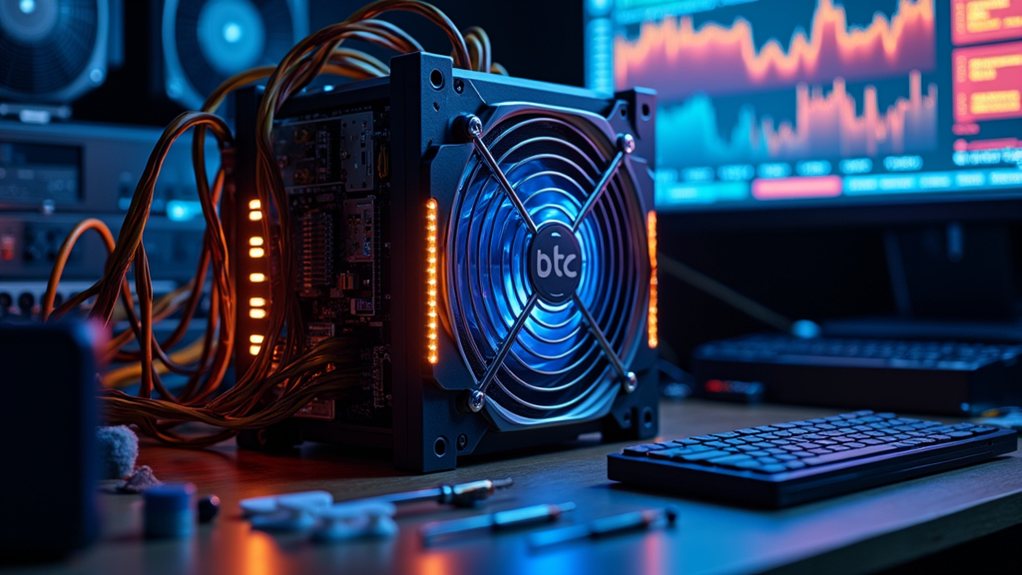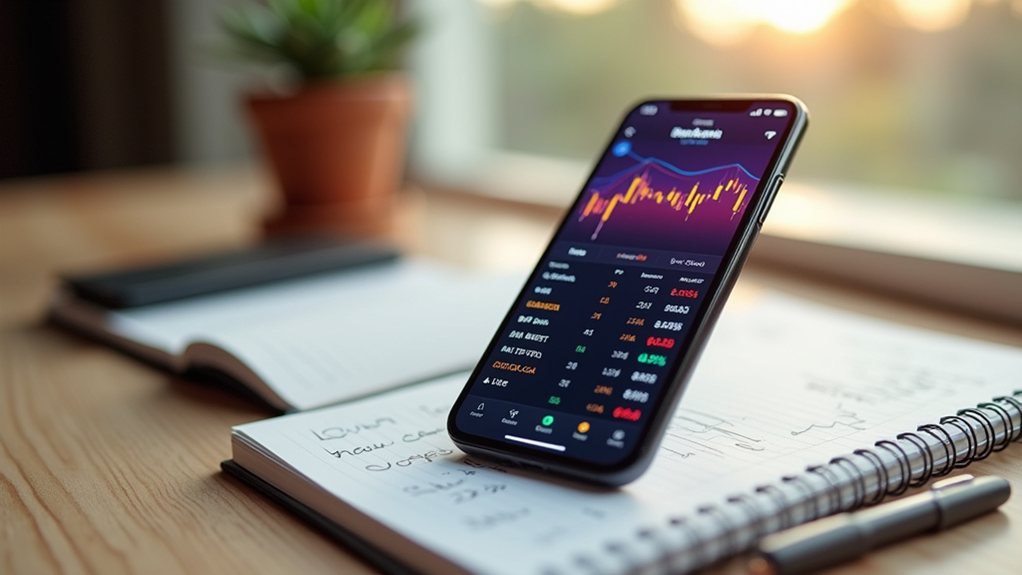DAOs (Decentralized Autonomous Organizations) are blockchain-based entities governed by code and community votes instead of traditional hierarchies. Members use governance tokens to propose and vote on decisions. They come in various forms—protocol, investment, social, collector, and grant DAOs. Benefits include transparency and global participation, though challenges persist around regulation, security, and voter engagement. Not perfect, but DAOs represent a fascinating experiment in digital democracy. The crypto world's organizational revolution is just getting started.

Revolution comes in many forms. In the crypto world, DAOs might be the biggest shake-up yet. Decentralized Autonomous Organizations. Fancy term for a simple idea: organizations without bosses. These blockchain-based entities run on code, not hierarchy. No CEO to blame when things go south. Just smart contracts and token holders making decisions together.
The mechanics aren't complicated. Members hold governance tokens. These tokens equal voting power. Want something changed? Submit a proposal. The community votes. Majority rules. Everything happens on the blockchain – transparent, immutable, unstoppable. Well, mostly unstoppable. More on that later.
DAO governance is radical simplicity: tokens, votes, proposals, execution. Democracy secured by code, not promises.
DAOs come in various flavors. Protocol DAOs like Uniswap and Aave let users govern decentralized finance platforms. Investment DAOs pool resources to back projects collectively – The LAO being a prime example. Feeling social? Join Friends with Benefits, a social DAO where creativity and crypto collide. Art enthusiasts gravitate toward Collector DAOs like PleasrDAO, buying expensive NFTs no individual could afford. Then there's Gitcoin, distributing grants to worthy projects.
Governance isn't one-size-fits-all. Basic token voting works, but wealthy members can dominate. That's plutocracy for you. Some DAOs implement quadratic voting to balance power. Others use reputation systems or delegate votes to trusted community members. Multi-signature wallets add security to execution. Well-designed DAOs establish a detailed DAO Constitution that outlines governance rules, member rights, and decision-making procedures to ensure all participants understand their roles and responsibilities.
The benefits are substantial. Transparency builds trust – no hidden agendas when everything's on-chain. Global participation means talent from everywhere, not just Silicon Valley or Wall Street. No gatekeepers. No old boys' club. Just pure meritocracy. In theory, anyway.
Reality has rough edges. Regulatory clarity? Nonexistent in most jurisdictions. Security concerns abound. Remember "The DAO" hack in 2016? Millions lost because of code vulnerabilities. Not exactly confidence-inspiring. Voter apathy plagues many DAOs – turns out governance is boring, even in crypto. And as systems grow, they slow down. Blockchains aren't known for speed. Decision-making processes can become sluggish as consensus-building challenges arise from members with diverse backgrounds and opinions.
Still, success stories exist. MakerDAO maintains DAI, a decentralized stablecoin that's actually stable. Impressive. Uniswap revolutionized token swapping without intermediaries. Compound created decentralized money markets. Many DAOs offer yield farming opportunities where participants can earn passive income by contributing to the ecosystem. Aragon builds tools for other DAOs. Moloch DAO funds Ethereum development. The ecosystem evolves daily.
DAOs represent crypto's idealistic heart – removing middlemen, distributing power, creating community-owned protocols. They're experiments in digital democracy. Some will fail spectacularly. Others might reshape how humans organize forever. Either way, they're worth understanding. The future of organization might not have headquarters, just smart contracts and token holders making decisions together. Strange new world.
Frequently Asked Questions
How Do DAOS Handle Legal and Regulatory Compliance?
DAOs navigate a regulatory maze by adopting legal wrappers like LLCs in crypto-friendly jurisdictions. Smart.
Wyoming, Vermont, and Tennessee actually recognize them as entities. Many implement AML/KYC protocols and maintain transparent on-chain voting records.
Treasury movements through multisig wallets create accountability.
Still, securities laws loom large. Most DAOs hire legal counsel and conduct smart contract audits.
The regulatory landscape? Murky at best.
Can DAOS Operate Without Cryptocurrency Infrastructure?
DAOs can technically operate without crypto, but it's like a car without wheels—functional in theory, not practice.
Alternative models exist: legal frameworks, off-chain voting, reputation systems.
But you're sacrificing the good stuff—trustless automation, transparent governance, permissionless participation.
Some communities mimic DAO structures with traditional tech and social incentives.
They're pseudo-DAOs at best.
True decentralized governance? Pretty tough without blockchain infrastructure.
What Happens if DAO Members Disagree on Major Decisions?
When DAO members disagree on major decisions, several things can happen. They vote on proposals using their tokens.
If consensus fails, dispute resolution kicks in—arbitration clauses or third-party courts like Kleros.
Still unhappy? Members might fork the DAO, creating separate organizations with different rules.
Look at The DAO hack—total mess.
Modern DAOs are trying fancier systems like quadratic voting or conviction voting to handle disagreements better.
Democracy's messy, even in crypto.
How Do DAOS Protect Against Hostile Takeovers?
DAOs defend against hostile takeovers through multiple layers of protection.
Governance mechanisms like high voting thresholds and weighted voting prevent easy control. Economic safeguards such as token lock-ups and slashing mechanisms make attacks financially painful.
Technical measures include timelocks that delay controversial changes.
Community defenses? Critical. Social consensus can override malicious actors through forks.
No system's perfect, but these barriers make hostile takeovers expensive and difficult.
Pretty clever, really.
Are There Successful Real-World Use Cases of DAOS?
Yes, DAOs have real-world success stories.
MakerDAO manages billions in crypto assets.
ConstitutionDAO raised $47 million for a Constitution bid.
PleasrDAO bought a rare Wu-Tang album for $4 million.
Decentraland created an entire virtual world worth $1 billion.
MetaFactory has produced hundreds of physical products.
dOrg completed over 100 development projects for clients.
Some are handling serious money.
Not just theory anymore.








